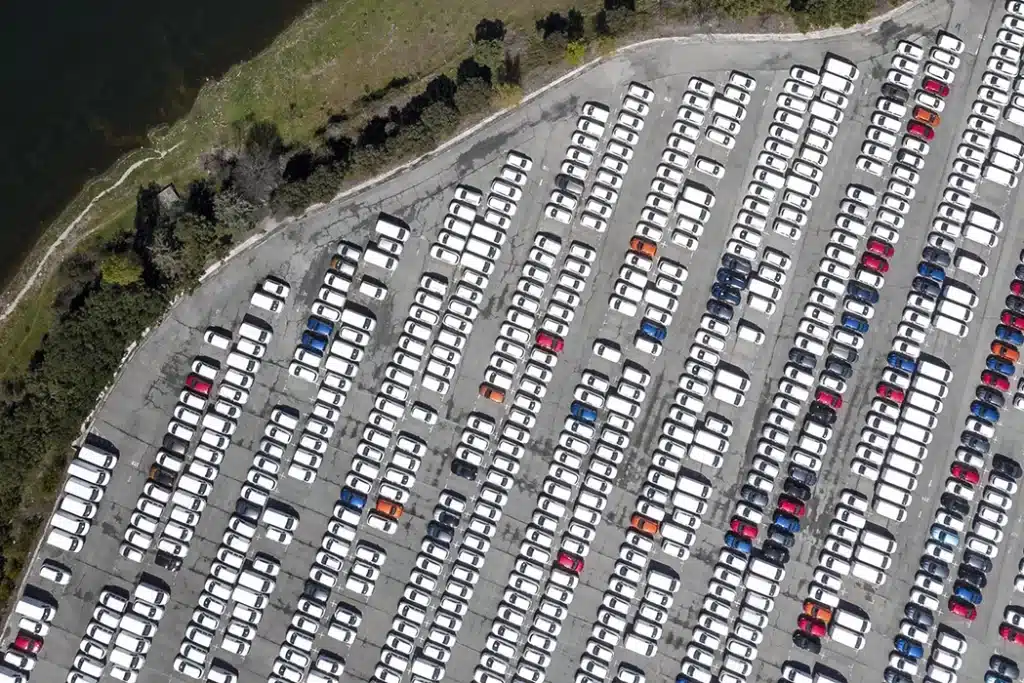Typically, when businesses are provided with large amounts of information, they are able to better manage their organization and as a result, increase profits. With advancing technology many are currently experiencing how new innovations that provide them with more information can move company growth forward. One innovation that is worth highlighting is GIS technology, or geographic information systems. Specifically, how numerous organizations can see exponential benefits once using this tool to gather data.
Why Are Geographic Information Systems Important?
GIS is continuing to evolve as software improves and new organizations request to have the base technology adjusted to better meet their industry needs. In fact, in a recent report, it was announced that in 2018 the geographic information system market share was valued at $10.8 billion and by 2024 it’s expected to grow to $19.7 billion. The data has been linked to allow small and medium-sized businesses to gain additional data to better organize their efforts. Since geographic information systems focus on gaining specific geographic features in a predetermined area, it allows for businesses to better anticipate their future actions in a predetermined landscape. In the landscapes where GIS is used, data is gathered through sensors such as cameras, aircraft or satellites, as well as digital scanners and LIDAR (Light Detection And Ranging) technology. Once gathered, the information can be displayed in a digital ‘layer’ format to allow users to easily apply or hide certain information.
A Sample of GIS Mapping
What Does This New Technology Mean For Businesses?
Educated Decision Making
Regardless of your industry, if you’re looking to gain information to make proper decisions related to location or distance, GIS is critical for your role. Depending on the decision you are tasked with, you will likely need to take into account specific data that is gathered in relation to a predetermined geographic area. For example, insurance brokers and agents could rely on geographic information systems to learn about where their clients live while presenting them with coverage options. So if an individual is inquiring about insuring their home, an agent may look at historic records (ie. the likelihood of weather-related occurrences such as tornadoes) and local geography (ie. proximity to large bodies of water which could put them at risk for flooding). With this information, insurance professionals should be able to make educated decisions regarding what coverage someone should be offered.
Improved Job Management
Since mass amounts of data are available when using GIS applications, many report that geographic information systems allow them to better manage their teams. As one can imagine, when you’re able to make better decisions for your business as there is more data available to review, managers can better organize what their team is doing. For example, within the transportation sector, when a fleet manager has GIS technology they can better manage their drivers. Not only can GIS applications be used to analyze the best driving routes, but it can also help managers allocate drivers to specific predetermined zones.
Health and Safety Monitoring
With better job management comes improved health and safety monitoring. Since users of GIS applications are able to see different layers that reflect unique data about specific geographic locations, better safety precautions can be taken. For example, for businesses that require employees to complete tasks in the field, managers can communicate any foreseeable hazards or dangers to limit potential accidents. Ultimately allowing for their team to be better prepared when completing jobs.
When geographic information systems are properly used, businesses can perform better. Not only can the additional and more in-depth data allow managers to make better decisions, but it allows for teams to be better managed and for safety to remain a priority.
If you’re curious to learn how ZenduIT is utilizing GIS technology or how we’re currently helping countless businesses excel with geographic information systems, visit our Custom Mapping and GIS Tools products page.









































